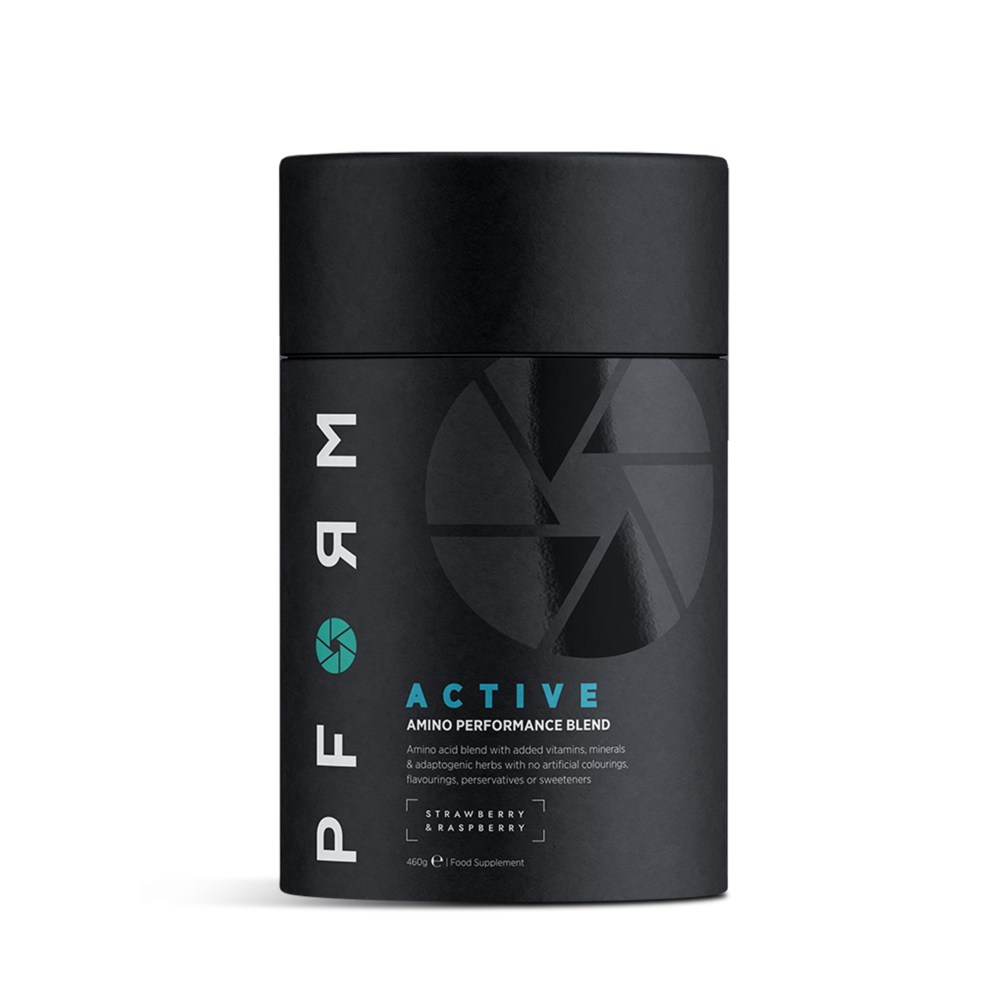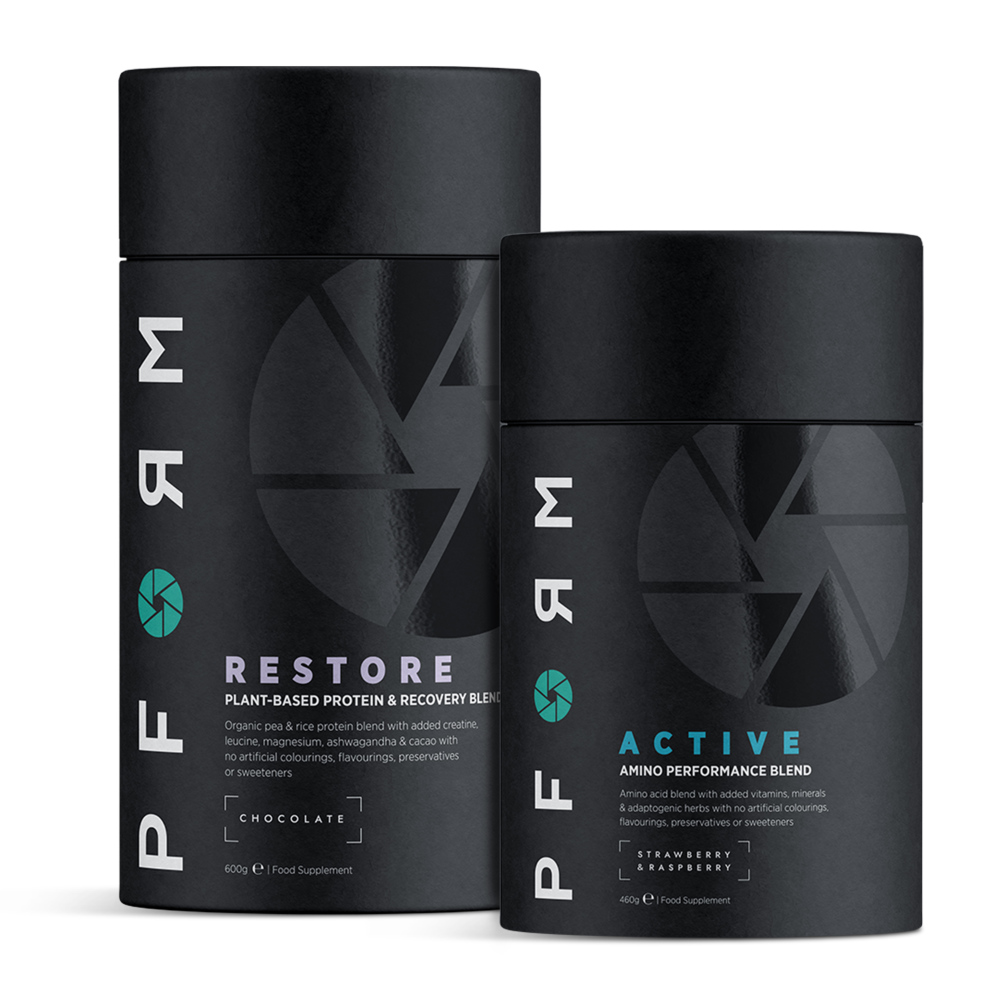
Sodium and Potassium Bicarbonate for Athletic Performance
This article covers what they are, how they work and potential benefits for enhancing athletic performance.
What are they?
Sodium bicarbonate, chemical formula NaHCO3, is commonly known as baking soda or bicarbonate of soda. Potassium bicarbonate replaces the sodium with potassium and has the chemical formula KHCO3.
How does the bicarbonate part work?
The body always wants to come back to balance, also known as homeostasis. Part of that balance is maintaining optimal pH levels. Brief recall of chemistry, pH can be understood as a scale from 0-14 that describes how acidic or alkaline (basic) something is. 0 is the most acidic, 14 is the most alkaline and 7 is neutral. Blood functions optimally at a pH of around 7.4 and muscle cells around 7.
Back to sodium/potassium bicarbonate, the bicarbonate part (HCO3-) helps to maintain this pH balance. It can reduce levels of acidity by binding to a proton (H+ ion) or if blood levels are not acidic enough (too alkaline), bicarbonate can be formed. So, bicarbonate ions are important in maintaining pH levels – in the blood and cells, such as muscle cells.
During short high intensity exercise, levels of lactate increase which result in increased acidity (more H+ ions). More H+ ions are associated with reduced rate of energy production, changes to muscular contraction, increased perception of fatigue and ultimately poorer exercise performance (1).
Supplementation with sodium / potassium bicarbonate may delay increases in blood acidity levels (2) enhancing both high intensity and prolonged duration exercise, enhancing overall training performance (3,4).
The role of sodium and potassium
Sodium and potassium are essential minerals known as electrolytes. Electrolytes are substances with an electrical charge (both sodium and potassium have a positive charge). They work together to regulate the balance of fluid – more potassium is located inside the cells whereas more sodium is located outside of the cells (in blood and fluid).
They are both necessary for the normal function of cells, nerve impulse transmission and muscle contraction/relaxation. The body obtains sodium and potassium through food and drink and loses them through urine and sweat. The body has to maintain levels of potassium and sodium within a narrow range and either too much or too little is very dangerous.
Athletes training at a high volume will lose electrolytes through sweat – hence replenishment is vital to maintain healthy normal function of cells, nerves and muscles and to avoid symptoms such as fatigue, dizziness and muscle cramps.
Potential benefits of sodium and potassium
Enhanced high intensity exercise performance
Supplementation with sodium bicarbonate may enhance sprint performance (3) and high intensity interval training (5,6,7).
High intensity intermittent exercise performance is indicated to improve with intake of sodium bicarbonate pre training sessions (8,9).
Enhanced endurance exercise performance
Supplementation with sodium bicarbonate may increase average time to exhaustion during endurance exercise and improve overall performance (10). Supplementation of sodium bicarbonate may reduce fatigue levels, prolonging maintenance of skilled performance (11).
Reduced fatigue
Ingestion of sodium bicarbonate pre exercise training may significantly offset fatigue, enhancing exercising performance (12).
Lower perceived exertion
Sodium bicarbonate administration pre exercise may lower perceived exertion levels post exercise (9).
Enhanced resistance exercise performance
Individuals completed more repetitions to failure during resistance exercise when supplemented with sodium bicarbonate (1).
Enhanced effects of beta alanine
Supplementation with sodium bicarbonate may enhance the effects of beta alanine (13,14).
Enhanced performance effects of both sodium and potassium bicarbonate
We know that sodium and potassium work together to regulate fluid balance, and research indicates that supplementation with both sodium and potassium bicarbonate enhances anaerobic performance (15).
Take Home Points
- Supplementation with sodium bicarbonate may be especially helpful for enhancing high intensity exercise.
- Supplementation with sodium bicarbonate may enhance the effects of beta alanine.
- Supplementation with both sodium and potassium bicarbonate may benefit athletic performance.
Related Products
References
- Duncan et al. (2014). The effect of sodium bicarbonate ingestion on back squat and bench press exercise to failure.
- Price et al. (2010). The effect of sodium bicarbonate ingestion on high-intensity intermitting running and subsequent performance.
- Price et al. (2003). Effects of sodium bicarbonate ingestion on prolonged intermittent exercise.
- Burke et al. (2013). Practical considerations for bicarbonate loading and sports performance.
- Wang et al. (2019). Effect of sodium bicarbonate ingestion during 6 weeks of HIIT on anaerobic performance of college students.
- Requena et al. (2005). Sodium bicarbonate and sodium citrate: ergogenic aids?
- Carr et al. (2011). Effects of acute alkalosis and acidosis on performance: a meta-analysis.
- Krustrup et al. (2015). Sodium bicarbonate intake improves high-intensity intermittent exercise performance in trained young men.
- Marriott et al. (2015). Ergogenic effects of caffeine and sodium bicarbonate supplementation on intermittent exercise performance preceded by intense arm cranking exercise.
- Mueller et al. (2013). Multiday acute sodium bicarbonate intake improves endurance capacity and reduces acidosis in men.
- Wu et al. (2010). Sodium bicarbonate supplementation prevents skilled tennis performance decline after a simulated match.
- Afman et al. (2014). Effect of carbohydrate or sodium bicarbonate ingestion on performance during a validated basketball simulation test.
- Painelli et al. (2013). The ergogenic effect of beta-alanine combined with sodium bicarbonate on high-intensity swimming performance.
- Tobias et al. (2013). Additive effects of beta-alanine and sodium bicarbonate on upper-body intermittent performance.
- Chycki et al. (2018). Chronic ingestion of sodium and potassium bicarbonate, with potassium, magnesium and calcium citrate improves anaerobic performance in elite soccer players.


